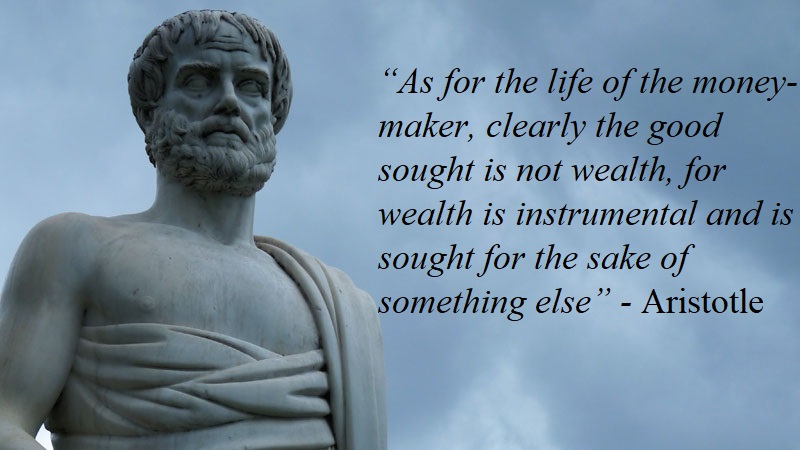- Teacher
Aino Halinen-Kaila
- Teacher
William Degbey
After the course the students
1. are familiar with the different concepts and theories of cross-cultural communication and negotiations and are able to critically reflect on the conceptual knowledge
2. understand and are able to analyze various inter- and intra- organizational communication and negotiation issues and situations across cultures
3. are able to apply their knowledge in developing a cross-cultural business communication/negotiation strategy.
In addition, students will learn to solve problems and develop their communication skills by means of working in cross-cultural teams, oral presentations and other activating learning methods, as well as develop own critical thinking by means of a written individual essay.

- Teacher
Maria Ivanova-Gongne
- Teacher
Aino Halinen-Kaila
In today’s world, society's expectations are gradually shifting in regards to businesses engaged in global commerce and their role as ethical actors. Global enterprises are expected to be, at a minimum, passively ethical – by complying with laws and regulations, treating their all their stakeholders in a just and equitable way, and not actively harming the environments and societies they operate in – regardless of the geographic context. However, as embodied within the UN’s Sustainable Development Goals, there is a growing expectation that global firms should move beyond this passive stance to create meaningful ethical contributions and drive positive change.
Ethical skills are essential for anyone who wishes to responsibly engage in contemporary global business. Ethical skills can be developed through by learning the philosophical foundations of ethics and its modern-day developments, and applying this knowledge to developing an understanding of extant and emerging global business issues. The objective of this course is to develop:
· A broad understanding of new and emerging opportunities and challenges for future global ethics.
· The ability to contribute to the moral discussion.
· The ability to deal with the tensions of universalizable and relativistic ethics.
· An understanding of learning modes of moral reasoning in the global community between businesses and stakeholders.
· The capability to solve moral problems in different branches of industry, e.g., artificial intelligence and genetic engineering.
· An understanding of the basics of ethical leadership and the implementation of global values.
· An understanding of the mechanisms of continuous behavioural change.
Ethical business leaders of the future will be expected to guide innovation and economic growth in a trajectory that helps to address the pressing challenges and wicked problems currently that currently beset the global community today. This also requires being cognisant of emerging threats or challenges that may emerge from technological development and societal change induced by business activity. Overall, this course aims to encourage students to think deeply about the complex issues underlying contemporary business ethics problems and to develop potential well-informed, actionable solutions.

- Teacher
Jonathan Mumford
- Teacher
Jonathan Mumford
- Teacher
Anja Bask
Opintojakson suoritettuaan opiskelija tunnistaa ja ymmärtää markkinoinnin teoriaperustan hajanaisuuden sekä tunteee markkinoinnin pääkoulukunnat. Opiskelija kykenee arvioimaan ja jäsentämään tieteenfilosofisten lähtökohtien, ilmiöiden, teoreettisten lähestymistapojen ja metodien yhteyksiä koulukunnissa. Opiskelija kykenee analysoimaan ja luokittelemaan tieteellisiä artikkeleita niiden pääkoulukuntien mukaan.
- Teacher
Jaana Tähtinen

- Teacher
Jonathan Mumford